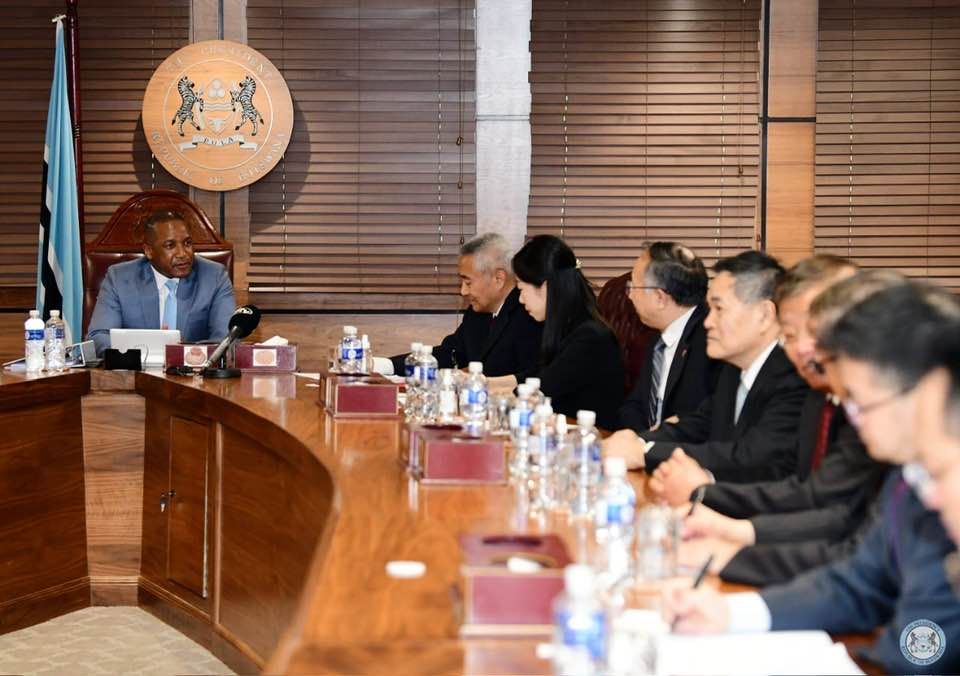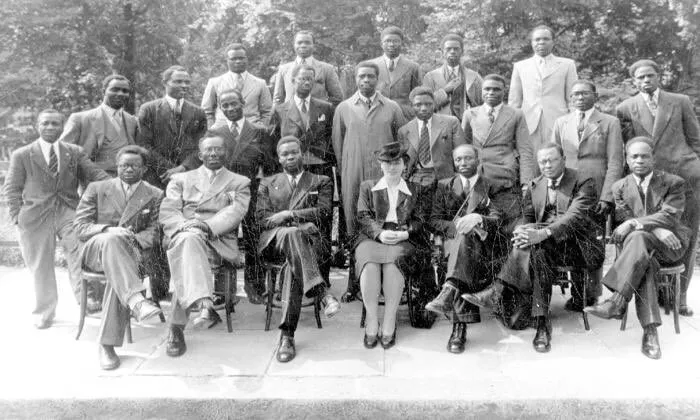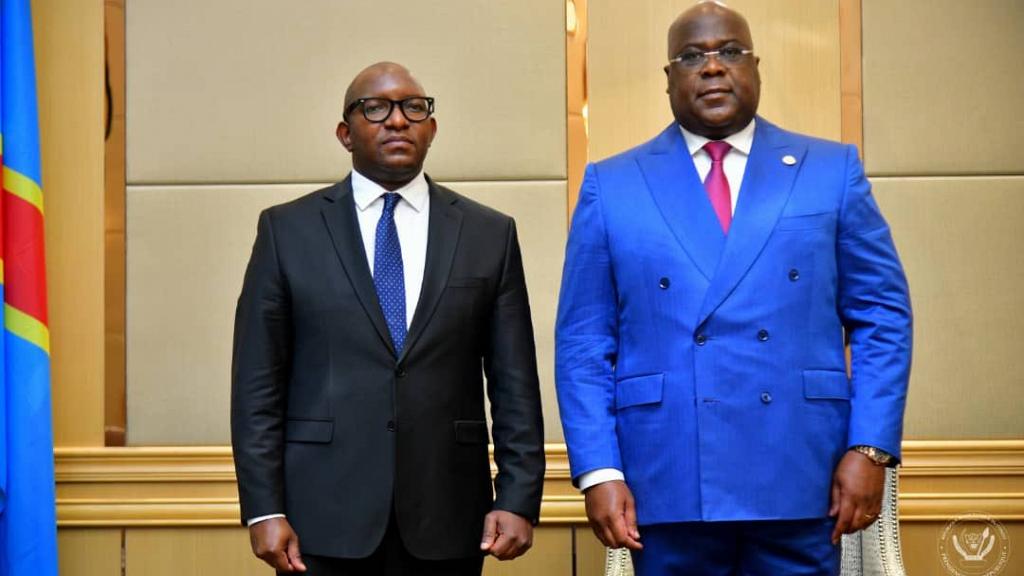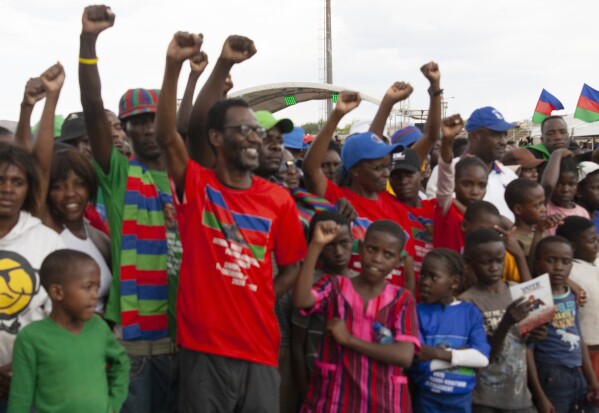
Namibia may elect its first-ever female president - APA News
By: Vitalio Angula
The past six months have seen a hype of activity as established political parties in Namibia, and new ones, engaged the electorate on promises for jobs, housing, and healthcare.
In a nation that grapples with huge inequality stemming from its colonial past, Namibia is renowned for its rather peaceful elections when compared to other African states where elections are often marred by pre and post-electoral violence that can often lead to death and in some cases civil wars.

The biggest challenge to date that threatened election results in Namibia was the use of Electoral Voting Machines without a verifiable paper trail in the 2019 elections.
The Supreme Court of Namibia issued a landmark judgement which invalidated the use of these machines and Namibians on the 27 of November will once again use ballot papers to determine who will be the country’s next president and the political parties that will make up the 104-member National Assembly.
A total of 15 presidential candidates and twenty-one political parties are competing in this month’s elections.
Namibia has been governed by the ruling Swapo Party since gaining independence from South African Apartheid Rule in 1990. The ruling party however saw its popularity wane in the 2019 elections where it only managed sixty-three seats (one short of a two-thirds majority that will empower it to change laws) compared to seventy-seven-seats in the previous 2014 elections.
Political Analyst, Rakkel Andreas, attributes Swapo’s decline in voters to internal factionalism in the party after the 2017 Swapo Congress which saw Panduleni Itula, a Swapo member who ran a campaign on behalf of “Team Swapo” that challenged “Team Harambee” for the top four positions of Party President, Vice President, Secretary General and Deputy Secretary General.
“If one looks at the voting dynamics in the 2019 elections, one can theorise that the faction opposed to Hage Geingob at the 2017 Congress voted for Itula in 2019”, Andreas informed this publication.
“Hage Geingob received an overwhelming majority in 2014 of 87 percent in the presidential race (the highest ever for a presidential candidate) but in 2019 he only received 56 per cent while Itula running as an independent candidate managed to garner 29 per cent of the vote which is telling for someone who had never run for public office before”, Andreas further explained.
NAMIBIA’S RULING PARTY’S FIRST FEMALE CANDIDATE
Seventy-two year-old Netumbo Nandi-Ndaitwah is vying for the country’s presidency on a ruling party ticket. A veteran of Namibia’s liberation struggle some see her as a mother figure who will deliver on Swapo’s electoral promises as outlined in its manifesto but others have reservations regarding her age and the premise that she is part of the status quo who has been in the cabinet since its inception in 1990.
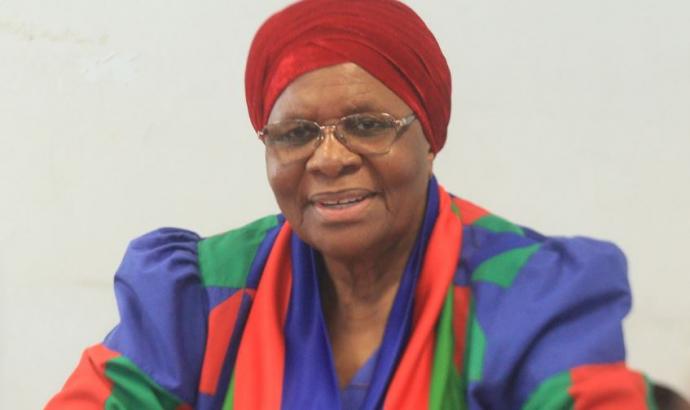
Job Amupanda, a university professor and candidate for the Affirmative Repositioning Movement has been a critic of the ruling party since parting ways through expulsion in 2015 when he and several other members of the youth league called for affordable housing and land for Namibia’s urban population.
“We were forced by our generational objective to avail better living conditions for our people and central to that generational objective is the issue of land which remains in the hands of a few while even working youth have been forced to rent in shacks which is not conducive to their human dignity”, Amupanda told this publication at an election meeting held to prop up support for his party which surprised many by coming third in the special elections that took place on the 13 November 2024.
Namibians in the security cluster who will be in duty on Election Day voted on the 14 November alongside Namibians in the diaspora. The over fourteen thousand ballots counted showed support for the ruling party and its candidate in first place. The newly-established Independent Patriots for Change (IPC) in second place and the Affirmative Repositioning Movement in third place.
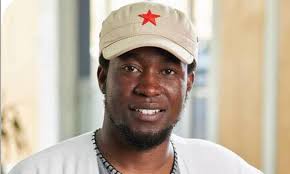
Secretary General of the Official Opposition, the Popular Democratic Movement (PDM), Manuel Ngaringombe, says the sample of voters which is 14 000 out of a potential 1.4 million who are registered for elections is too small to draw inference and his party is geared to win the elections although many analysts disagree with the party’s (PDM) insistence that it will win the elections.
The PDM, which is historically known as the Democratic Turnhalle Alliance or DTA was a conglomeration of ethnic parties that opposed SWAPO in the first elections in 1989. The party has held the official opposition status three times since the country gained independence.
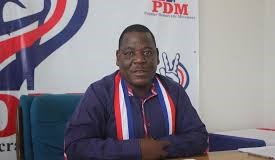
SADC AND PERCIEVED ELECTORAL INDEPENDENCE
The Southern Africa Development Community Election Observer Mission (SEOM) was launched on the 20th November 2024 under the stewardship of Anne Semamba Makinda, the Former Speaker of the National Assembly of Tanzania. Tanzania serves as the head of the SADC Organ on Politics, Defence and Security Cooperation.
“SADC observes elections in Member States based on the revised SADC Principles and Guidelines Governing Democratic Elections”, Makinda said at the launch.
“The principles and guidelines provide an objective and scientific methodology for the observation of elections in order to contribute to the consolidation of democracy in the region by enhancing best electoral practices and addressing any electoral shortcomings”, Makinda stated.
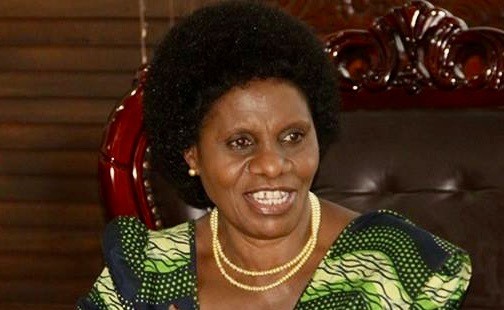
“These Principles and Guidelines are also informed by key instruments of the African Union (AU), such as the African Charter on Democracy, Elections and Governance of 2007, and the relevant conventions of the United Nations”, Makinda further stated.
Referring to the current violence and civil unrest in Mozambique and the arrest of political activists in Zimbabwe when that country held elections last year, Makinda said, these “unfortunate developments are receiving the appropriate attention, elections in the region have thus far been conducted in a peaceful and tolerant manner”.
A number of Southern African countries held elections this year. They include Botswana and South Africa which saw a new party taking over government and the African National Congress (ANC) not managing to secure an outright majority forcing it into a coalition government respectively.
Mauritius also held elections this year.
The SAHEL Region of Northern Africa has seen a number of coups with “military juntas” taking over governments. The SAHEL also has the challenge of terrorist insurgents who fight along ethnic and religious lines.
The main bone of contention facing African countries is employment opportunities for its ever increasing youthful population. These are the same challenges facing Namibian youth.
With an estimated thirty-four percent unemployment rate, almost half the urban population without formal housing and one of the highest HIV/AIDS prevalence in the world, Namibia has its fair share of socio-economic challenges and these elections, the seventh since the country gained independence, will reveal if Namibians will give Swapo and extended mandate or if they will vote for change and usher in a new dispensation.
In a statement on the eve of the Presidential and National Assembly Elections of the republic of Namibia issued on Tuesday, the President of the United Republic of Tanzania and Chairperson of the SADC Organ on Politics, Defence and Security Cooperation, Dr. Samia Suluhu Hassan called upon Namibian voters to participate in high numbers to vote and decide the country’s future leadership.
“I urge all political actors and their supporters to secure a successful, calm, peaceful election day and post-election period by acting responsibly”, Hassan urged.
Namibians polling station will be open in less than twenty-four hours to decide on its next President and the next members of its National Assembly.






